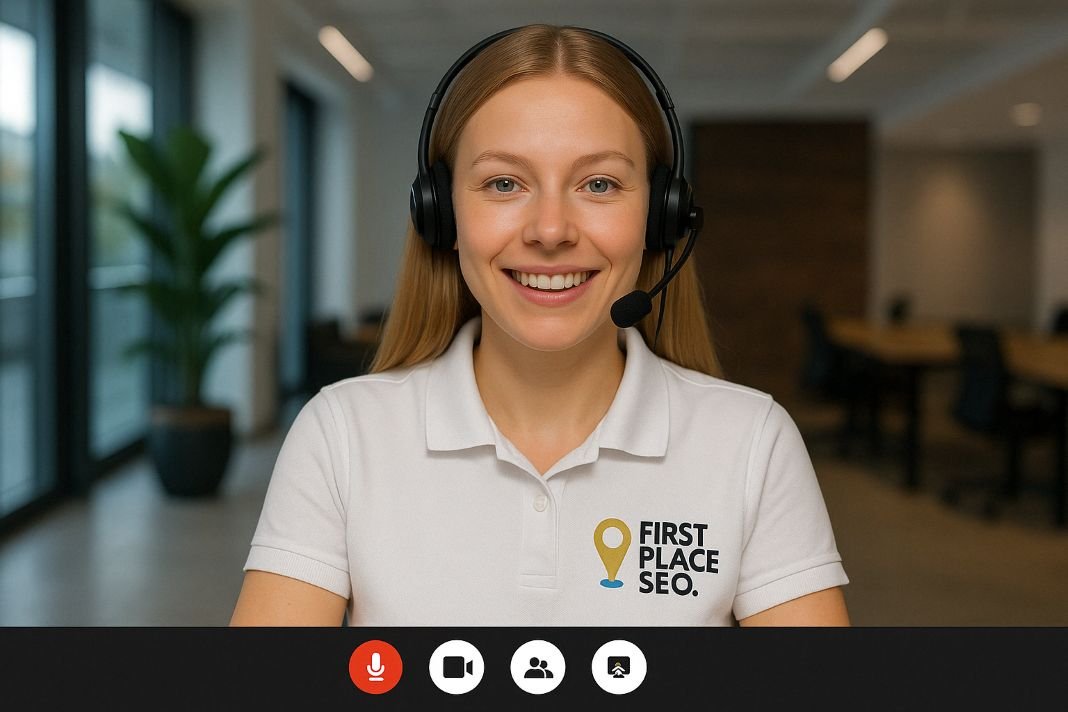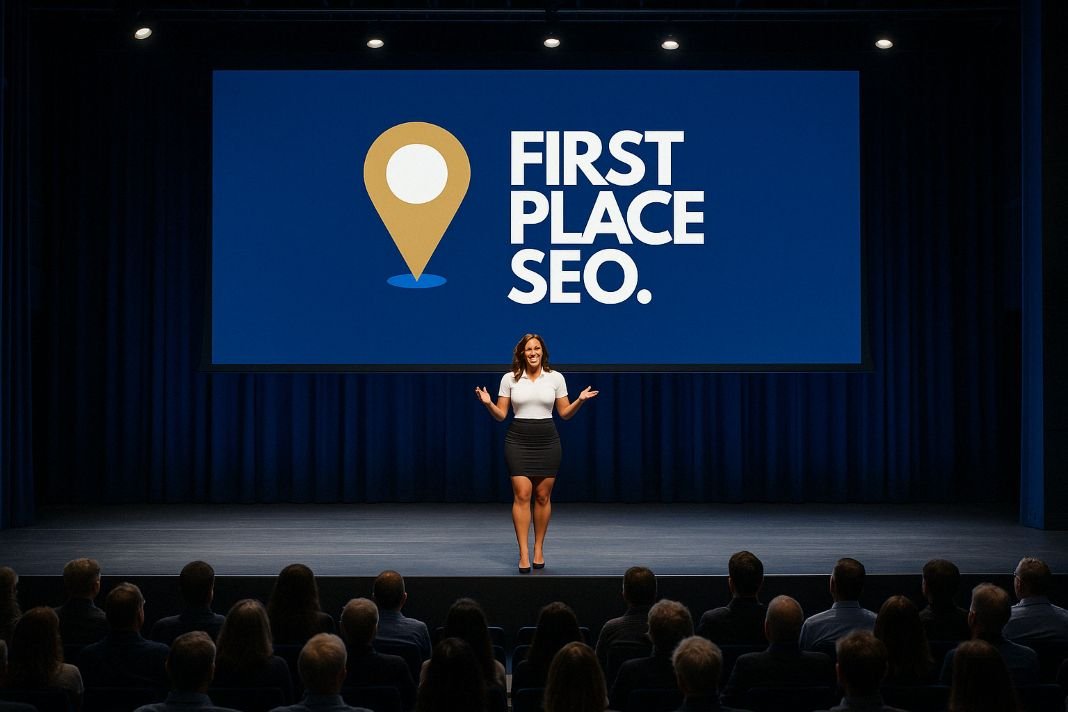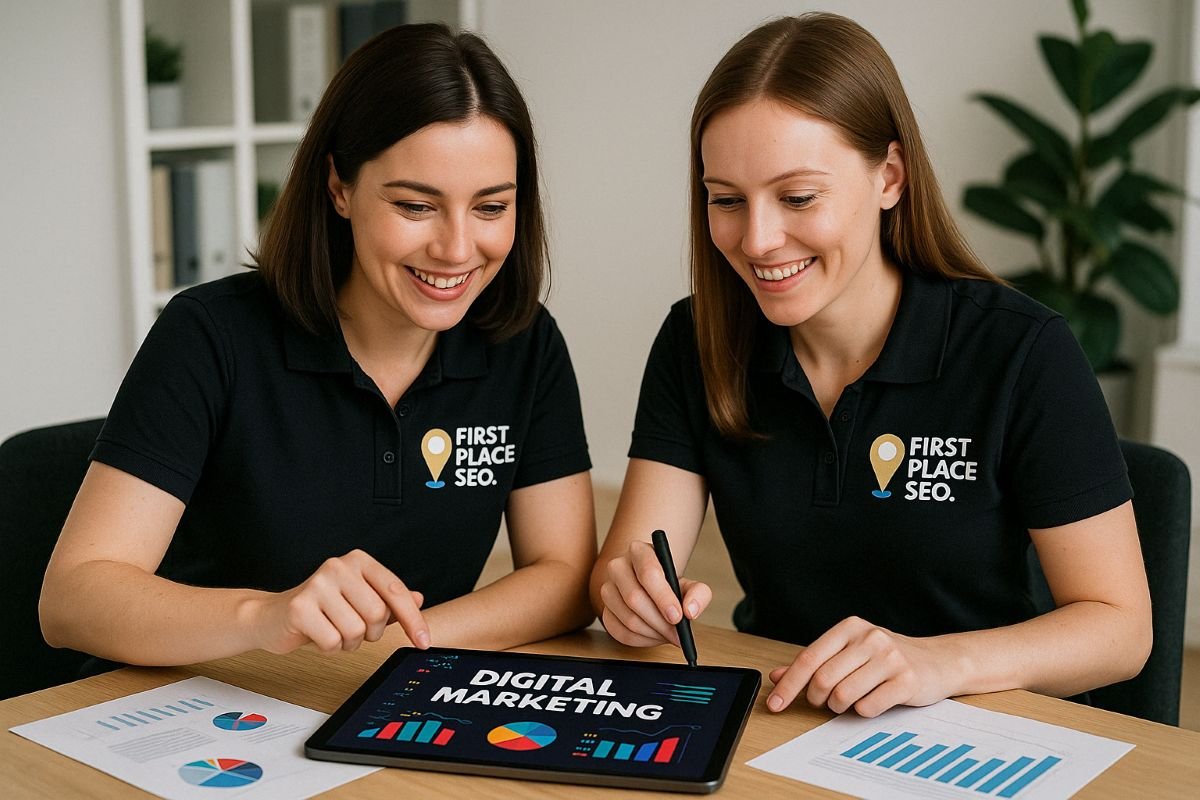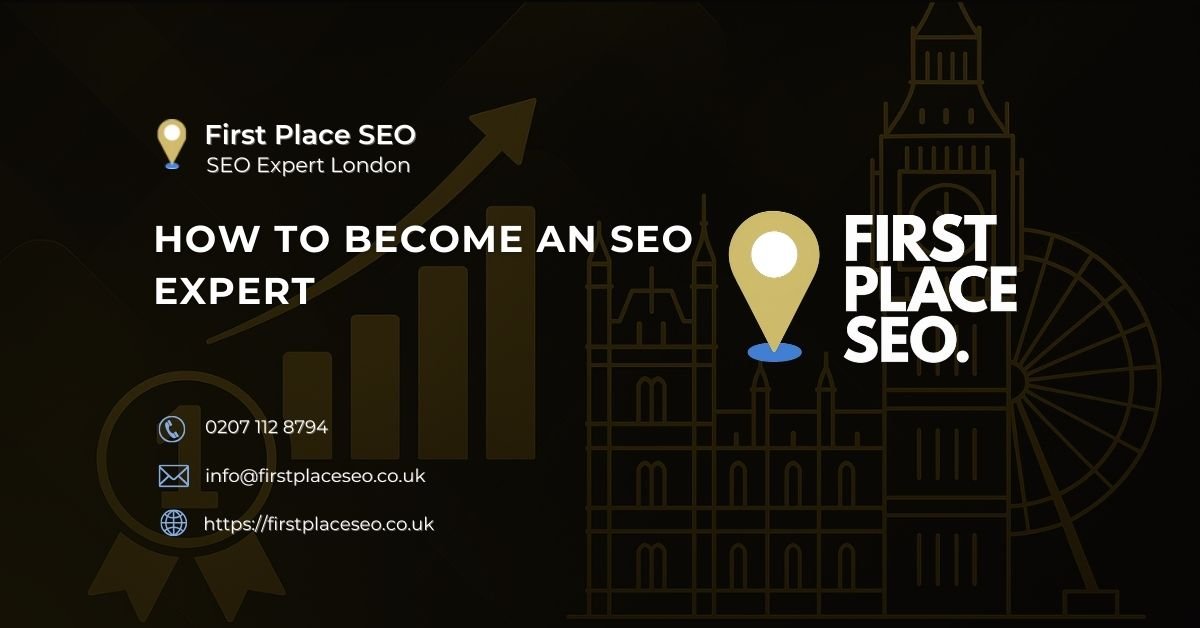How do you become an SEO expert in the UK?
To become an SEO expert in the UK, you need to build experience in optimising websites for organic visibility, understand how search engines work, and apply data driven strategies that improve search performance. The role combines keyword strategy, technical SEO, link building, and content development. You do not need a specific degree, but you do need practical skills, a strong understanding of user intent, and the ability to measure and report results that matter.
Here's What We Have Covered In This Article
What does an SEO expert actually do?
An SEO expert is responsible for increasing the visibility of websites in search engine results pages by improving how search engines like Google index, rank, and present the content. This involves keyword research, search intent mapping, writing and optimising content, implementing structured data, improving site speed, auditing technical SEO issues, and building high quality backlinks. Experts use tools such as Google Search Console, Google Analytics, Ahrefs, Screaming Frog, and Semrush to carry out technical audits, track performance, and identify optimisation opportunities.
SEO specialists in the UK may work within agencies, as part of inhouse digital marketing teams, or independently as consultants. Each role requires the ability to work with content creators, developers, and decision makers to ensure that SEO recommendations are understood and implemented effectively.
What influences search rankings in the UK market?
Search engines consider hundreds of ranking signals to decide which pages to show at the top. These include:
Content relevance and quality. Pages must be written clearly, match the search query, and provide useful answers. Using entity based SEO and semantic keywords improves topical authority and ranking potential.
Technical performance. Sites that load quickly, are mobile responsive, and have clean site architecture perform better in search results. Addressing issues like crawl errors, duplicate content, and slow server response times helps pages get indexed more effectively.
Backlink profile. Search engines use backlinks from other reputable websites as a signal of authority. Natural links from news sites, industry directories, and high authority blogs improve trustworthiness.
User engagement. Click through rate, bounce rate, dwell time, and other behavioural signals show how people interact with your content. Google uses this data to adjust rankings over time.
What skills are needed to be an SEO specialist?
Can you learn SEO without a marketing background?
Yes. Many people enter SEO from writing, development, or design. What matters most is your ability to understand how people search and how to make websites easier to find and use. If you are curious, analytical, and willing to test ideas, SEO can be a good fit.
Core SEO skills
Keyword strategy. Understanding search behaviour and matching it to high intent keywords is the foundation of SEO. Tools like Google Keyword Planner and Ahrefs help identify terms that have search volume and match your audience’s needs.
Technical knowledge. A working knowledge of canonical tags, HTTP status codes, XML sitemaps, robots.txt, Core Web Vitals, and schema markup is essential. You do not need to be a developer, but you should know how to identify and describe technical issues clearly.
Content optimisation. Strong writing skills help you structure pages in a way that matches user queries. This includes optimising titles, headers, and metadata, using semantic keyword variations, and ensuring accessibility and readability.
Link building. Building trust through offsite SEO means earning links from sites in your niche. Digital PR, content promotion, and relationship building are key parts of this process.
Analytics and reporting. Knowing how to track SEO metrics and interpret trends is vital. Google Analytics and Google Search Console provide the data you need to monitor traffic sources, impressions, rankings, and click through rates.
Where should you start if you want to work in SEO?
If you are just getting started, the best way to learn is by doing. Build a small website or blog and apply what you learn. Use tools to monitor performance, experiment with content changes, and track how rankings shift over time.
You can also read practical SEO guides and attend UK based training like BrightonSEO workshops. Free resources from sites like Moz, Search Engine Journal, and Google Search Central offer reliable insights without cost.
Courses and certifications such as the Semrush SEO Toolkit Course, HubSpot SEO Training, or Google’s Digital Marketing Certificate can add credibility to your CV.
To understand how technical SEO impacts rankings, try running a crawl using Screaming Frog and looking at page speed in Google PageSpeed Insights. Fixing small issues like broken internal links or uncompressed images is a useful way to build real experience.
When you are ready to offer services, try freelancing for small businesses or charities to build a portfolio. Show before and after data using analytics tools and explain how your changes helped improve search visibility. You can also include internal links to useful SEO-related articles or case studies on your own site, such as one showing how content silos improved a local business’s rankings.
How do you build a portfolio that proves your SEO skills?
Whether you want to apply for a job or work with clients, having examples of your work builds trust. Start with your own site or blog. Document the changes you make and what results they lead to. Show improvements in traffic, click through rates, and search rankings using screenshots from tools like Google Search Console or Ahrefs.
If you have worked on client sites, make sure you get permission to include results in your portfolio. Highlight your role, the problem you were solving, and the outcome. For example, if you increased organic leads by 40 percent for a local business, show what you changed and which keywords you targeted.
A good SEO portfolio includes both technical fixes and content projects. If you implemented schema markup, fixed site errors, or helped migrate a site to HTTPS, include those too. The aim is to show that you understand all areas of SEO and can deliver results.
How long does it take to become an SEO expert?
You can understand the basics of SEO in a few weeks, but it takes consistent practice over several months to apply that knowledge effectively. Building confidence with technical tools, content strategy, and performance analysis often takes six to twelve months. For many, it becomes clearer through trial and error, working on real sites and learning from what works.
If you already have a background in marketing, writing, or web development, the learning curve may feel shorter. But regardless of experience, staying up to date is key. SEO is always changing, so even experienced professionals learn continuously.





